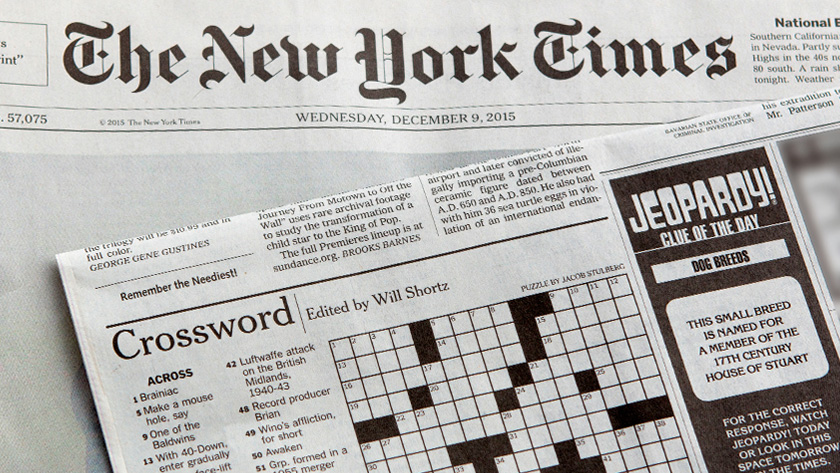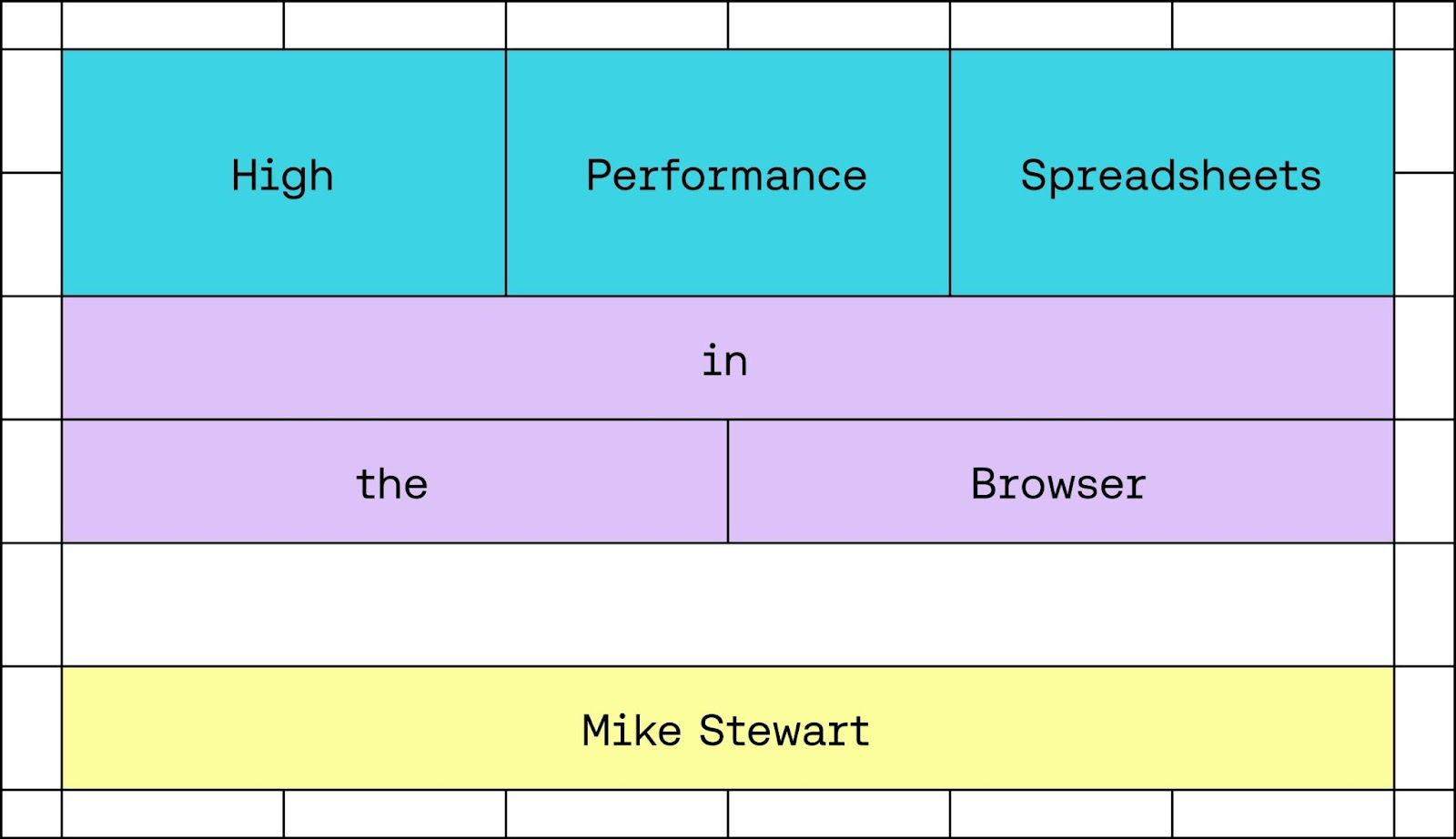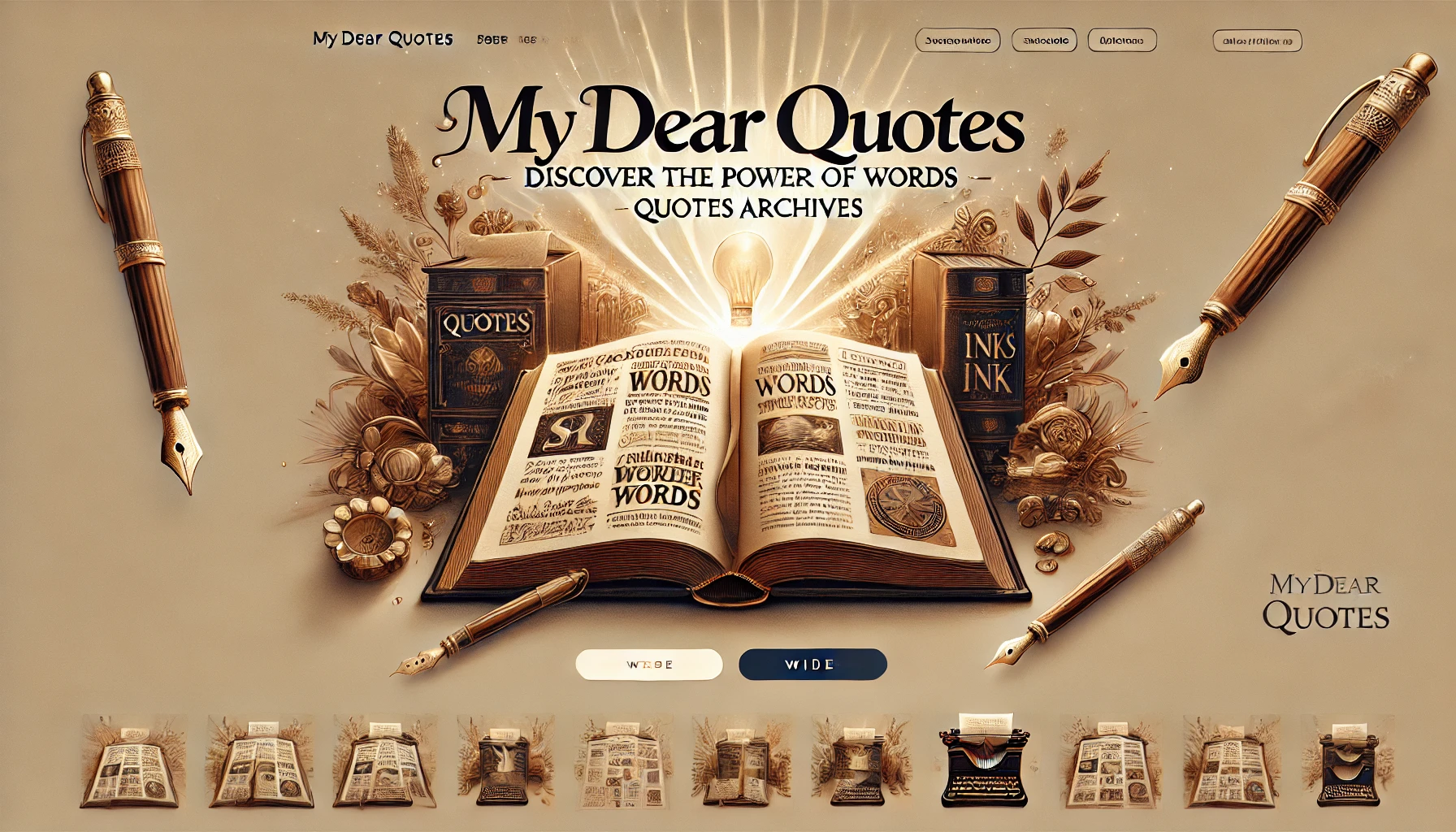The New York Times (NYT) crossword puzzle has long been a staple for word enthusiasts and puzzle aficionados. Its reputation for challenging wordplay, clever clues, and diverse themes attracts solvers from all walks of life. However, for those who embark on the journey of solving the NYT crossword daily, the experience can sometimes transform from an intellectual exercise to an utterly exhausting mental marathon.
The Crucial Components: Crossword, Clue, and Answer
At the heart of the NYT crossword experience lies the grid, a matrix of black and white squares awaiting the insertion of words. Each square represents a letter, and the goal is to fill in the blanks with the correct answers to a series of clues. The clues, ranging from straightforward definitions to cryptic wordplay, challenge the solver’s linguistic dexterity and lateral thinking.
The satisfaction of completing a crossword puzzle is unparalleled, offering a sense of accomplishment and a mental workout that engages the brain’s language and problem-solving centers. However, this elation can quickly turn to frustration, especially for those who take on the challenge daily.
Puzzles Galore: A Daily Mental Marathon
The NYT crossword puzzle, with its varying levels of difficulty, offers a daily opportunity for solvers to test their skills. From the standard grid to the more accessible mini puzzles, the Times caters to a broad audience. Yet, the commitment to solving a puzzle every day can be both mentally draining and time-consuming.
Enthusiasts who dedicate a portion of their day to the NYT crossword may find themselves in a perpetual cycle of puzzle-solving fatigue. The constant demand for mental exertion can lead to burnout, with solvers feeling the strain on their cognitive resources. The relentless pursuit of completing the grid becomes not just a leisurely activity but a daily challenge that tests one’s endurance.
Crosswords: A Battle of Mind and Words
The crossword, as a game, requires more than just knowledge of words. It demands an understanding of wordplay, an ability to think laterally, and a knack for deciphering cleverly constructed clues. Novice solvers may start with the mini puzzles, gradually working their way up to the more intricate daily puzzles.
The journey from clue to answer is an intricate dance of the mind, where words become the battleground and the crossword grid the arena. Each solved clue is a triumph, but it’s not without its toll on mental resources. As the difficulty level increases, so does the mental fatigue, and solvers may find themselves yearning for a reprieve from the relentless assault of word challenges.
Navigating the Grid: Tips for Crossword Enthusiasts
For those dedicated to conquering the NYT crossword day in and day out, a few strategies can help ease the burden of mental fatigue.
- Take Breaks: It’s essential to recognize when mental exhaustion is setting in. Taking short breaks between clues can prevent burnout and allow the brain to recharge.
- Vary Your Approach: Don’t be afraid to switch between clues or move to a different section of the grid. Sometimes, a fresh perspective can provide new insights.
- Engage in Wordplay Exercises: Sharpen your wordplay skills outside of crossword solving. Play word games, engage in anagrams, and expand your vocabulary to enhance your overall crossword-solving abilities.
- Use Pencils and Annotations: Crossword puzzles are not a race. Use a pencil to jot down possible answers and annotations. This not only helps in keeping track of your thoughts but also reduces the pressure to get everything right on the first try.
The Crossword Experience: Beyond the Grid
The NYT crossword puzzle is not just a mental exercise; it’s a cultural phenomenon. With its longstanding tradition, it has become a shared experience for millions of solvers worldwide. The puzzles, published daily since 1942, have become a cultural touchstone, offering a moment of connection for word enthusiasts.
As solvers navigate the grid, they become part of a vast community of crossword enthusiasts. Online forums, social media groups, and crossword events provide platforms for sharing tips, discussing challenging clues, and celebrating the collective joy of puzzle-solving. This sense of community adds an extra layer of depth to the crossword experience, making it more than just a solitary mental exercise.
January Fatigue: Navigating the Post-Holiday Puzzle Blues
As the new year begins, many crossword enthusiasts find themselves grappling not only with the usual mental challenges but also with the added stress of the holiday season aftermath. January often brings a sense of fatigue, both mental and physical, making the daily crossword puzzle an even more daunting endeavor.
The pressure to start the year on a productive note can lead to heightened expectations for crossword solvers. The pursuit of resolutions and the desire to kickstart the year with intellectual rigor can contribute to an increased sense of exhaustion. In such times, solvers must be kind to themselves and acknowledge that the mental journey of a crossword may vary from day to day.
The Power of Words: Solving Crosswords Mindfully
While the NYT crossword can be an exhausting mental challenge, it also serves as a testament to the power of words and the resilience of the human mind. Solvers, whether novices or seasoned enthusiasts, embark on a daily journey that exercises their vocabulary, tests their wit, and enhances their problem-solving skills.
As we navigate the labyrinth of clues and answers, it’s crucial to approach the crossword with a mindful awareness of our mental well-being. Balancing the pursuit of intellectual satisfaction with self-care is key to maintaining a healthy and sustainable crossword-solving routine.
In the grand tapestry of words, the NYT crossword puzzle remains a revered tradition, a testament to the enduring allure of language, and a source of both challenge and camaraderie for its dedicated solvers. So, as you pick up your pencil and face the grid, remember that the crossword experience is not just about finding the answers but also about the journey of words, the triumphs of the mind, and the shared joy of a global community of crossword enthusiasts.








